IFM TRAVELS SOUTH TO CLEAN LEATHER TANNERY’S WASTE STREAM
An international meat production company approached IFM with the task of cleaning up the waste stream in their blue leather tannery facility found in the Panhandle of Texas. The chemicals and waste byproducts observed in the process of blue leather production were found to create very high levels of total suspended solids (TSS), ammonia (NH3-N), chemical oxygen demand (COD), biological oxygen demand (BOD), and total phosphorus. A small-scale pilot system was designed and built by IFM which involved the use of an oil/water separator (OWS), ultrafiltration (UF) system, and was finished off by a reverse osmosis (R.O.) system in series. Each piece of equipment was individually skid-mounted and shipped down to its destination to be met and installed by IFM technicians.
Once in Texas, the system was easily set up within a matter of hours and ready for operation shortly after. Wastewater was provided in bulk by the contracting company and run through the entire system under the supervision of technicians over a period of four days. On-site sampling of the raw waste as well as permeate streams of the equipment was conducted and sets of samples were shipped back overnight to the McClure, OH office for lab testing. In addition, analytical data regarding the efficacy of the treatment system was collected and logged by technicians during their time in the Texas tannery.
Towards the end of the initial week-long setup and operation of the equipment, IFM effectively trained a few plant employees on the operation and data collection of the system so that more conclusions could be drawn about the system’s ability to remove the desired contaminants.
The following table of information was collected after the overnight samples were evaluated back in the McClure, OH laboratory. As one may tell, removal of target pollutants and organic matter (indirectly calculated through the use of COD and BOD5 tests) was extremely large when comparing the difference between the system feed data with the R.O. permeate.
In addition to McClure’s lab facility, the contractor is now looking into additional means of testing their water samples with a local laboratory for convenience. IFM continues to regularly send down technicians to monitor the systems progress as well as collect samples and train employees.
If you have any questions or would like more information regarding how IFM can meet your water and wastewater quality needs, please do not hesitate to contact us using the information at the bottom of this page.



